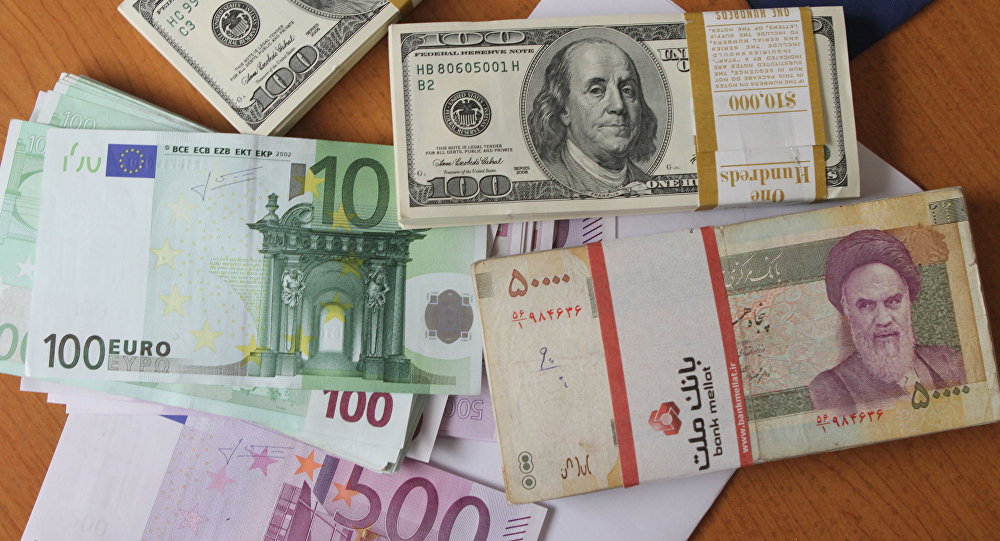New Government Policies Reduce Forex Demand in Iran

EghtesadOnline: The implementation of new foreign exchange policies by the Iranian government has meaningfully curbed unnecessary demand for cheap currency, the industries minister said.
Addressing a gathering of business leaders and officials in Tehran on Monday, Mohammad Shariatmadari also said that from April 10 when the government unified the exchange rates until Aug. 7 when it implemented new policies to liberalize forex trading, a large number of people had submitted import orders, but this changed when the new policies came into effect, Financial Tribune reported.
“Before the new forex plan, about 800 to 900 import orders were recorded each day, which figure has now decreased to about one-eighth,” he was quoted as saying by IRNA.
“A considerable portion of previous applications were registered with the aim of getting currency at the [cheap] official rate.”
When the government “unified” foreign exchange rates and fixed the rate of US dollar at 42,000 rials, it promised to account for all currency needs. This prompted many to form long queues to receive currencies at the cheap rate and then sell their goods on the open market to gain massive profits, especially since supervision was lacking.
As Shariatmadari told ISNA on Tuesday, “demand for registration orders increased by 3.5 times in the past four months compared to the similar period of last year”.
The minister said the registration order applications amounted to an astonishing total of $250 billion, which he called “unimaginable”. He also conceded that the stratospheric demand was due to rent-seeking.
The government was forced to draft an emergency foreign exchange policy in April after US President Donald Trump on May 8 unilaterally pulled out of Iran’s landmark nuclear deal with world powers. The move, which entailed the snapback of US sanctions against Iran in two wind-down periods ending on Aug. 6 and Nov. 4, has caused massive fluctuations in Iran’s currency market.
ICCIMA, Interior Ministry Sign Agreement
The gathering on Monday was held for the first time at the Iran Chamber of Commerce, Industries, Mines and Agriculture for renewing support for business associations. It was attended by the representatives of 800 associations, the Interior Minister Abdolreza Rahmani-Fazli, a host of parliamentarians and private sector figures.
During the event, ICCIMA and Interior Ministry signed a collaboration agreement for fostering manufacturing and boosting employment. Some of its contents concerned offering incentives to local and foreign investors, paving the way for more non-government investment and economic participation, and boosting the role of ICCIMA.
Ensuring investment security for private sector, striking cooperation at national and provincial levels to increase the role of private sector, respecting the rights of private sector representatives, paying heed to ICCIMA proposals, empowering the provincial government-private sector dialogue councils and addressing challenges facing private businesses were the main commitments made by the Interior Ministry.
On the other hand, ICCIMA agreed to follow up problems facing exporters, communicate policies devised by the Interior Ministry for improving the climate of doing business for private enterprises and devise proposals to help businesses. The agreement will be valid for the next three years until the end of President Hassan Rouhani’s tenure.
After the agreement was signed, Rahmani-Fazli promised that his ministry will make efforts to include the private sector, stressing that current capacities are not being tapped adequately.
“The full capacities of the Interior Ministry belong to economic enterprises in various sectors. In light of the prevailing economic, political and social dissatisfaction, businesses across all sectors must help the government,” he said.


